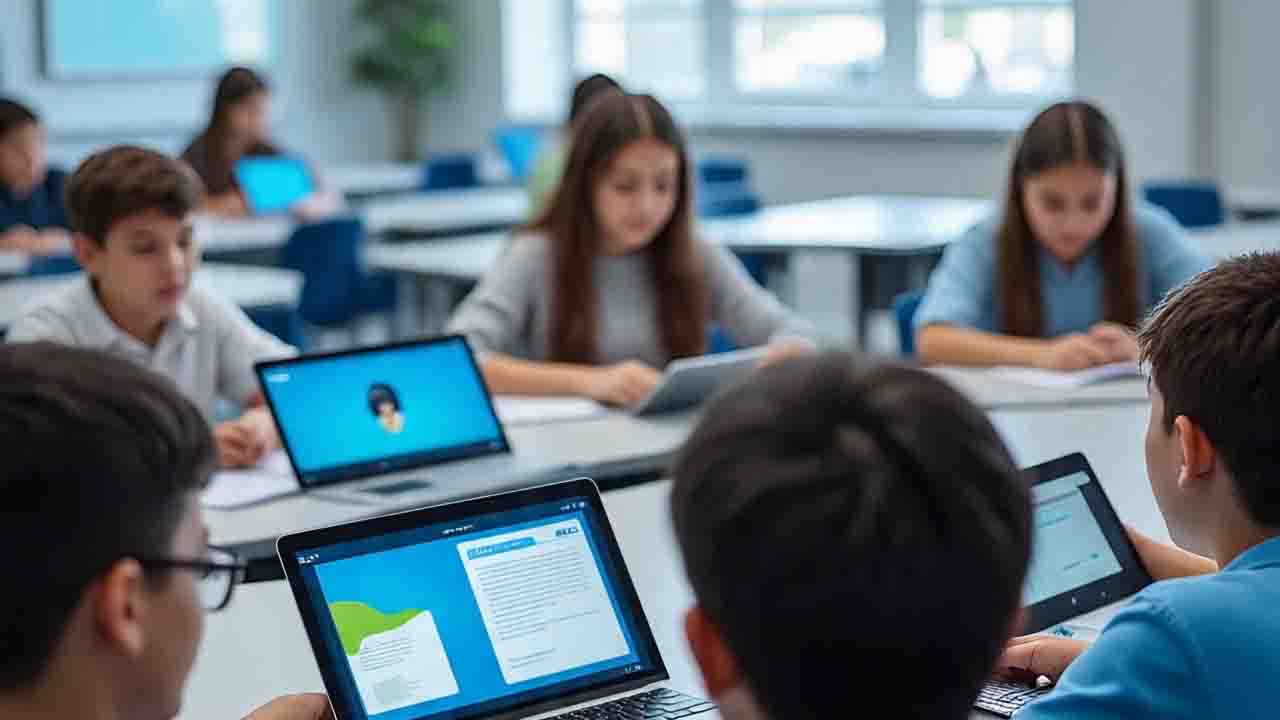
Global Education Trends: Elevating Digital and Verbal Literacy
Pitchwars – Global Education Trends are entering a transformative era as classrooms across the world adapt to new technologies and demands for future-ready skills. According to recent reports by the OECD and other educational think tanks, the years 2025–2026 mark a crucial turning point in global education. From the rise of AI and virtual reality to the normalization of hybrid learning platforms, the global education landscape is rapidly shifting toward a model that prioritizes both digital and verbal literacy.
Educators are increasingly integrating tools that challenge students to not only consume digital content. But also to create it through storytelling, multimedia, and interactive platforms. This move goes beyond traditional instruction, encouraging young learners, especially aspiring writers. To embrace digital fluency, cross-cultural narratives, and critical thinking as essential 21st-century skills.
“Jaipur Shines: Named One of the World’s Top 5 Cities”
The Growing Role of Creative Writing and Verbal Expression
One of the defining aspects of Global Education Trends is the renewed emphasis on verbal literacy also known as oracy. Schools are recognizing that the ability to express thoughts clearly and persuasively through speech is just as crucial as written or digital communication. In parallel, creative writing is gaining more ground in curricula as a powerful tool for developing voice, empathy, and narrative structure.
Students are now being encouraged to speak up, debate, collaborate, and build stories that reflect not only their ideas. But also their cultural perspectives. This evolution in pedagogy supports a new generation of writers who are not just technically proficient. But emotionally intelligent and globally aware.
Preparing Writers for a Hybrid Future
At the heart of Global Education Trends is a focus on equipping learners with adaptable communication skills for a constantly evolving world. Writing in 2025 is no longer confined to pen and paper. Today’s writers must be fluent in digital publishing tools. Capable of engaging online audiences, and aware of ethical storytelling practices in an interconnected digital space.
Educational systems worldwide are restructuring teacher training, assessment strategies, and curriculum design in response to this shift. The goal is clear: to cultivate not only competent students but also confident communicators. Who can lead, collaborate, and contribute meaningfully in global conversations.